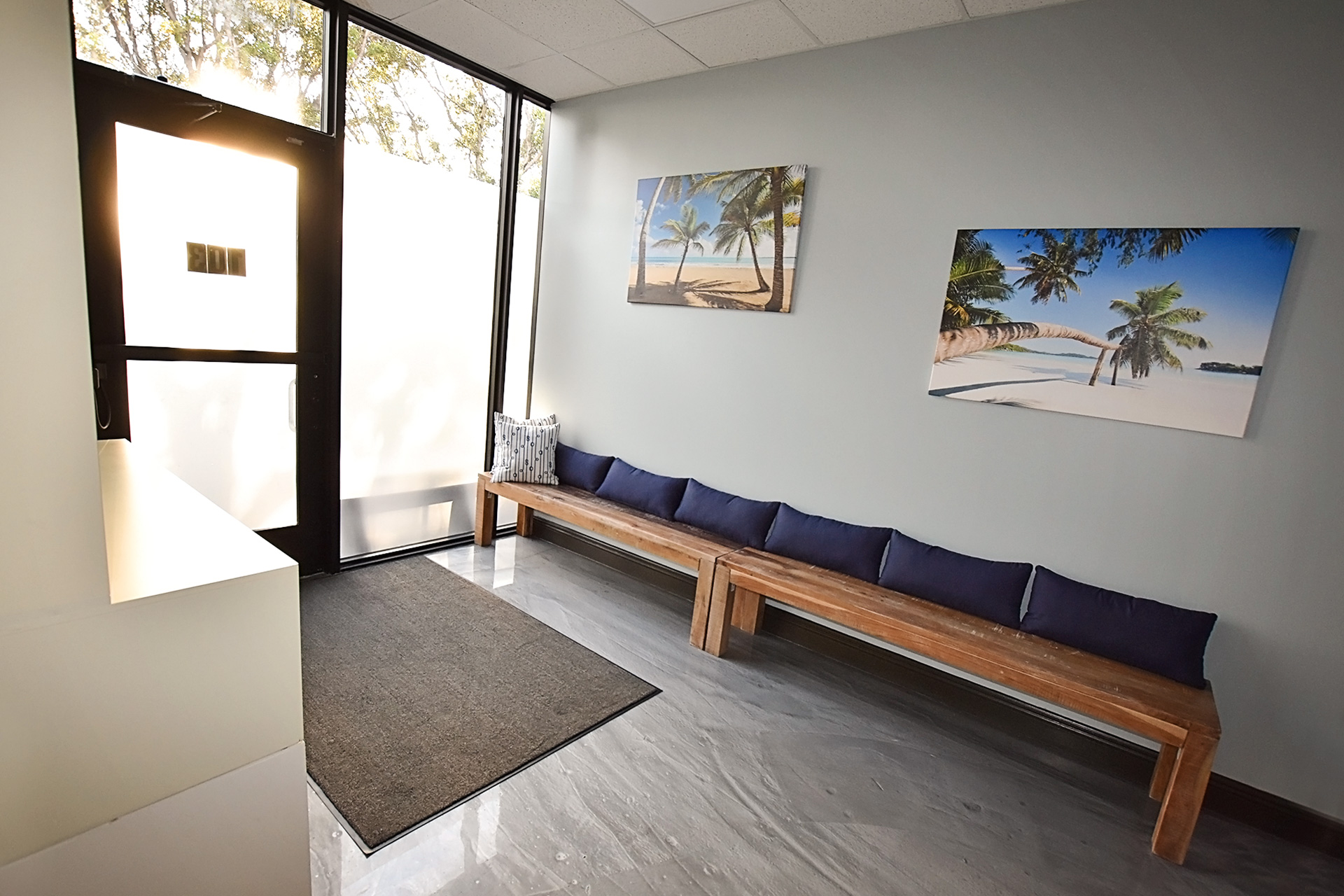
Does IOP Work?
The success rates of IOP are higher than those of other outpatient treatment and counseling options. These programs typically involve family involvement and encourage family members to understand the disorder and support loved ones in recovery. Many studies show that programs that include family members have a better success rate than those that do not. Once an individual completes the IOP, he or she should continue to receive support from a therapist, counselor, or psychiatrist.
